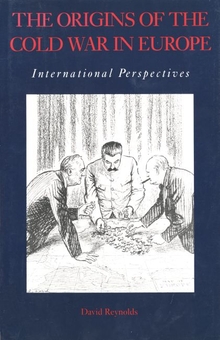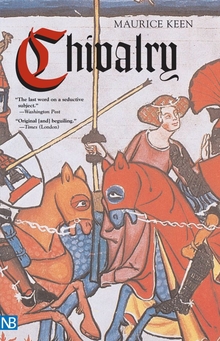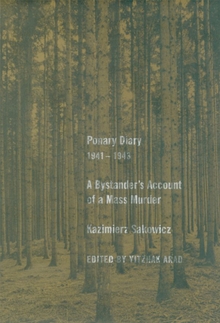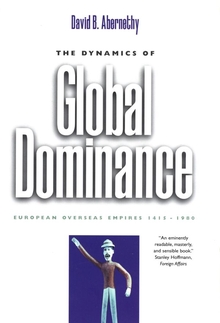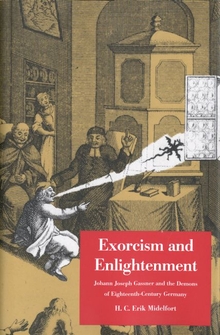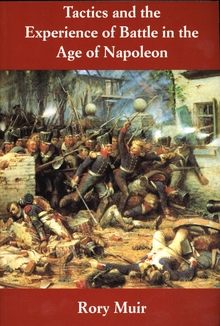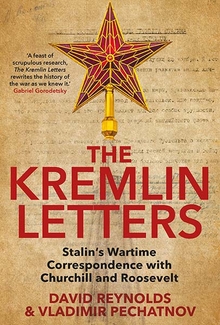The Origins of the Cold War in Europe
WARNING
You are viewing an older version of the Yalebooks website. Please visit out new website with more updated information and a better user experience: https://www.yalebooks.com
International Perspectives
Edited by David Reynolds
Out of Print
The book begins with an overview of United States Cold War policy after the war and a pioneering post-communist examination of Russian involvement. The next chapters focus on the other two members of the wartime alliance, Britain and France, for which the Cold War was interwoven with concerns such as the maintenance of empire and the continued fear of Germany. The book then examines the vanquished countries of World War II, Italy and Germany, who—particularly in the case of divided Germany—were struggling to recover their international status and come to terms with their past. The last part of the book considers how the small states—Benelux and Scandinavia—forged new groupings in the search for security, even though conflicts of national interest still persisted between them.
The authors not only show the impact of superpower policies on each country but also reveal the many ways in which West European states were active participants in Cold War politics, trying to draw the Americans into Europe and shaping the blocs that emerged. The book sheds light on the European Community (in many ways a response to uneasiness about Germany) and on NATO, whose purpose was once described as keeping "the Russians out, the Americans in, and the Germans down."
"David Reynolds and his fellow essayists have made a truly valuable contribution toward the reinterpretation of Cold War origins that is sure to follow the opening of documents in Europe and the former Soviet Union. Viewing the Cold War as international history does make a difference, and this volume is one of the first to show why."—John Lewis Gaddis, Professor of History, Ohio University
"Students of American affairs will find the U.S. chapter in itself an excellent historiographical guide, but far more important for them is the opportunity provided by the rest of the book to place U.S. policies in a wider European context."—D.K. Adams, American Studies
"A handy introduction to the historiography of Cold War origins in Europe. The book's usefulness as a reference work is enhanced by maps, a chronology of events and a table of key appointees in post-war governments."—John Wilson Young, English Historical Review
"A contribution towards objectifying discussion of the cold war. . . . To be appreciated."—Wilfried Loth, The International History Review
"A welcome addition to the still-burgeoning literature on the origins of the Cold War."—Foreign Affairs
"This is a valuable book. It reminds American, British, and Soviet historians that, as Wiebes and Zeeman write, the 'Cold War was not a bi- or even tri-lateral affair'. Indeed, this book might provoke historians to publish broader international histories of the Cold War in Europe."—Terry Anderson, The Journal of American History
"An outstanding collection of essays."—Jacob Heilbrunn, The New Republic
Publication Date: May 25, 1994

